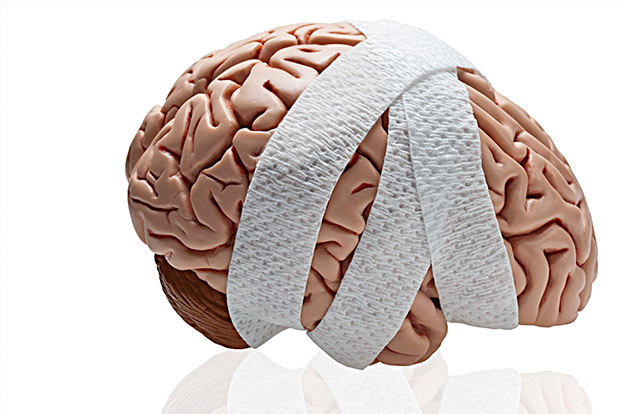Head injury in road accident: What to do?
Apr 19, 2022
India is considered the head injury capital of India. Head injury can be caused by numerous reasons such as a fall, sports injury, etc. However the major reasons for accidents are – Road Accidents. In India over 100,000 lives are lost due to a head injury caused due to a road accident. In fact the sore truth is that 95% of the trauma victims don’t receive optimal care in Golden Hour – the first hour of the injury. It becomes the responsibility of the victim attendants and the bystanders to help the patient go to a hospital with the best amenities and medical expertise. However one has to realize that there is only 1 neurosurgeon, an expert to treat head injuries, for every 11 lakh people in India.
Hence along with apathy, lack of awareness we have lack of specialists too to treat the incidents of head injury. But a lot can be done by you before you come to the hospital. One can be prepared and avoid the aspects that can make the injury worse.
The following are the recommendations that should be followed if you or someone else suffers a head injury.

- Remember that you are giving the victim prelim care and he/she should be taken to a neuro care center within the Golden Hour- The first hour of the injury. Ask for ambulatory help to transfer the patient as soon as possible.
- Check if the patient is conscious. Ensure that the breathing airway of the patient is clear. Tilt the head and the body of the patient to the right to ensure airway passage.
- In case of bleeding, do not try to wash the wound. If the victim is wearing a helmet, let it be on. Do not take out any object sticking out of the body/head.
Prevention is the key:
According to recommendations, wearing helmets and seat belts can reduce your accident risk by 50%. Prevention is definitely better than cure. The Neurological Society of India has also been carrying out the campaign HEADS- We Win. The word HEADS is an acronym for –
H=Helmets Must, E=Effective Bystander Response, A=Alert Pedestrian, D=Drive Responsibly and S=Speed Kills.
Wearing a helmet and a seat belt, driving carefully and being alert are aspects that are important for our own safety. Embrace the safety tips and ensure your wellness.
Follow us on:
Facebook- #RoadSafety
Twitter-#RoadSafety









